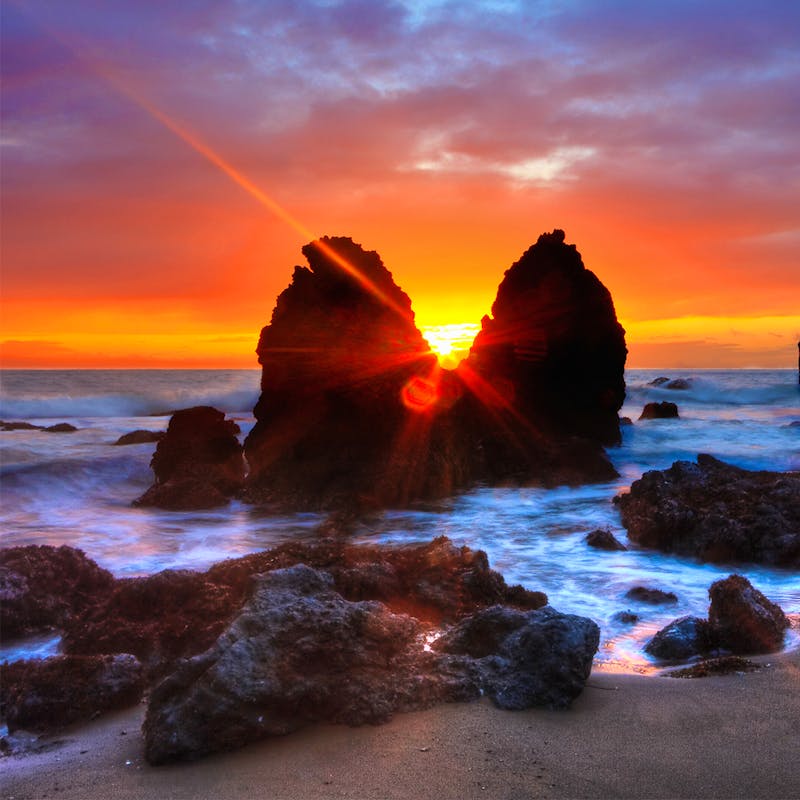Cascadia is a lush and diverse landscape often defined by the sweeping Cascades mountain range of the Pacific Northwest.
Cascadia’s marine waters, forests, mountains, rivers, and high deserts come together to form a beautifully interconnected and complex ecoregion that stretches from northern California to southern Alaska, encompassing all of Washington, Oregon and Idaho. From the Pacific coast, to the Cascade crest, to sagebrush steppe, Cascadia is home to some of the wildest landscapes in the lower 48 states, providing crucial habitat for numerous imperiled species.
Gray wolves, once absent from the landscape, now traverse wide territories in Idaho and the forested landscapes in eastern Washington and Oregon. Grizzly bears once roamed throughout the forests of Cascadia. Today, only two small populations can be found in the region: one in the Selkirk Mountains of eastern Washington and northern Idaho, and another in the North Cascades.
The magnificent old growth forests of the Pacific coast provide refuge for rare bird species like the spotted owl and marbled murrelet. And the coniferous forests and alpine habitat of the North Cascades provide an ideal refuge for small populations of rare forest carnivores, like lynx, wolverines and fishers.
Climate change, energy development, state wildlife and resource management, and expanding human activity are all threatening the habitats and wildlife in Cascadia. Expanding human populations and development are encroaching on forested and floodplain habitat. This leads to more human-wildlife encounters and conflicts. Road construction has fragmented critical habitat for wildlife, creating barriers to wildlife movement.
Defenders is engaging in landscape-level planning processes that benefit multiple species in the Pacific Northwest and partnering with coexistence programs in the Selkirk Mountains of eastern Washington and northern Idaho to provide pragmatic and proven solutions for avoiding conflicts between people and grizzlies and wolves.
We are engaging members of the public in community science initiatives that increase our knowledge about rare carnivores and working as part of the Oregon Habitat Connectivity Consortium and the Pacific Northwest Coast Landscape Conservation Design process to describe, understand and enhance habitat connectivity. We are also promoting proactive wildlife conservation legislation at the state level, focused on state wildlife agency reform and protection of threatened and endangered species.
We are advancing Smart from the Start principles to minimize the impacts of renewable energy development on sensitive species like birds and bats. Defenders is contributing to the effort to reintroduce fishers and grizzly bears to the North Cascades.
Cascadia Blog Posts








